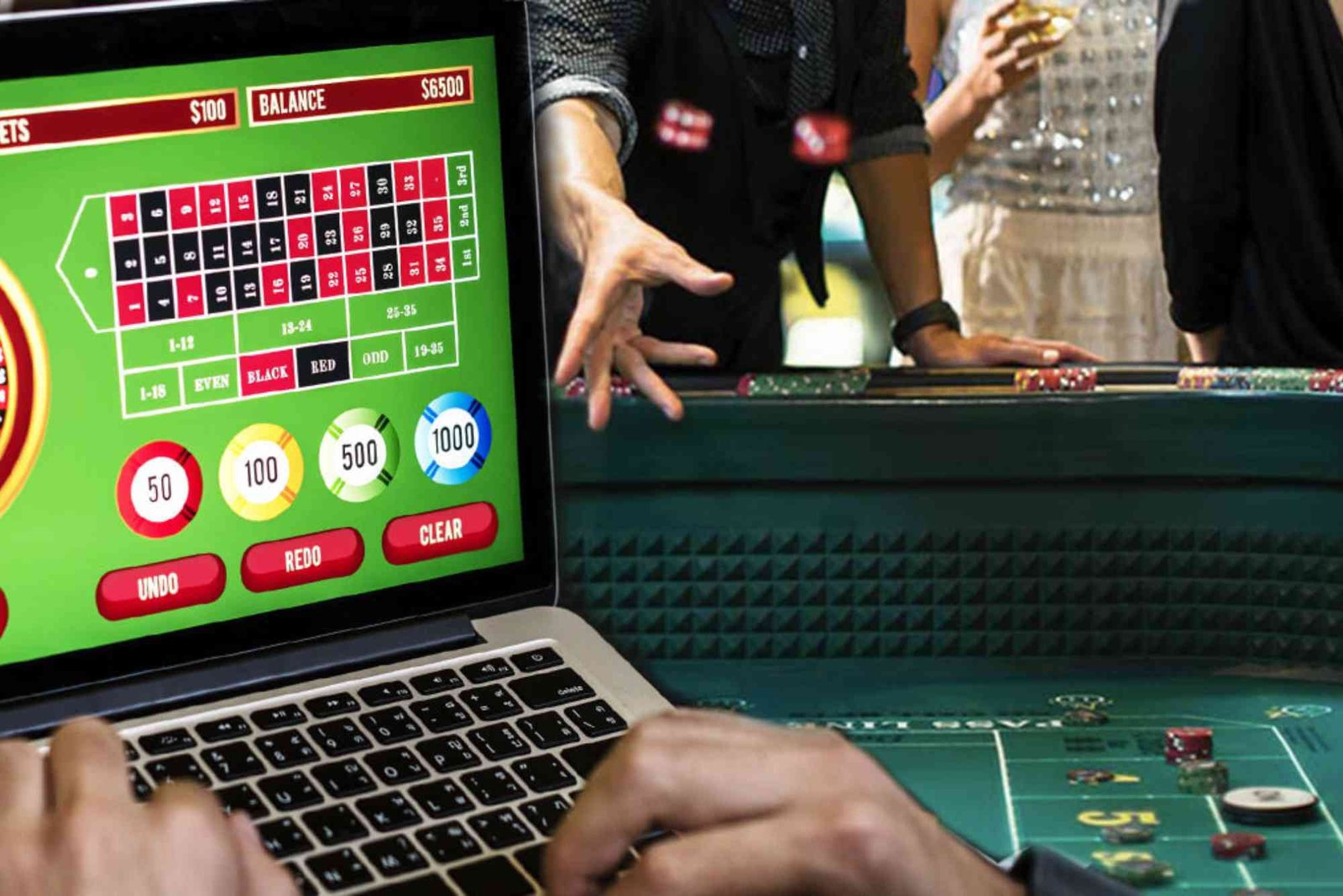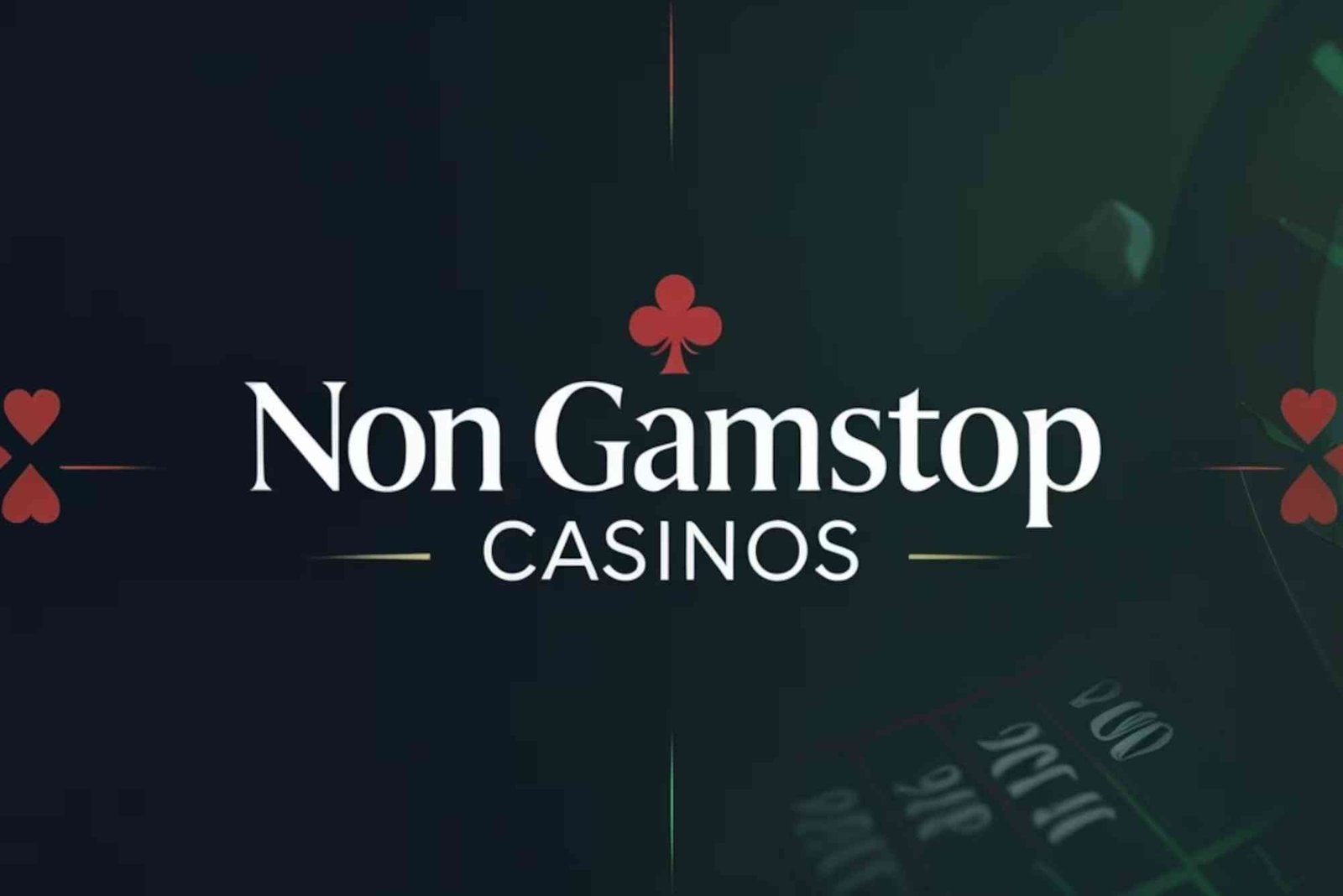Few experiences in gambling feel as draining as the cycle of chasing losses: the urge to recoup a bad session leads to bigger bets, riskier plays, and, often, deeper deficits. Over my years visiting both land-based casinos and online platforms, I’ve watched friends fall into this pattern and have felt the pull myself. Enter “reality checks,” a tool championed by responsible gaming advocates to punctuate play sessions with reminders and self-reflection. But can reality checks truly break the cycle of chasing losses, or are they just another checkbox for regulators? In this comprehensive exploration, we’ll dig into what reality checks are, how they’re implemented, and whether they make a tangible difference in curbing loss-chasing behavior.
Understanding the Psychology of Loss Chasing
Gambling taps into our brain’s reward pathways. A win releases dopamine, reinforcing the behavior and encouraging you to play again. Conversely, a loss triggers frustration and a desire to restore equilibrium—often by betting more. This is the essence of chasing losses: an emotional reaction that clouds rational decision-making. Even seasoned players can be lured into believing the next spin or hand will reverse their fortune, despite knowing that each outcome is independent.
Why Players Struggle to Walk Away
Most of us set limits—time, money, or both—before a session. Yet losses can override these boundaries. Picture this: you planned to stop after a £50 loss, but halfway through, you’re down £80 and convinced the next bet will win back the original £50 plus a profit. Self-control falters as the need to recover eclipses your initial restraint. Without external cues, many players continue until they exhaust their bankroll or discipline.
The Role of Reality Checks in Responsible Gaming
Reality checks are timed or activity-based notifications that pop up during play. They might remind you how long you’ve been playing, how much you’ve spent, or prompt you to take a break. Gaming regulators across Europe and the UK now require licensed platforms to offer reality checks, especially on digital interfaces. These prompts aren’t meant to shame players but to provide a moment of reflection—an opportunity to assess whether it’s time to pause or stop.
Assessing Effectiveness: Evidence and Insights
Academic studies on reality checks show mixed results. Some research indicates that brief pauses can reduce impulsive betting and lower the incidence of chasing losses, while others suggest minimal behavioral change once players are engrossed. In practice, the impact often hinges on implementation quality: a well-timed, personalized reminder can resonate, whereas a generic pop-up that interrupts gameplay may be dismissed or clicked away reflexively.
How to Integrate Reality Checks Seamlessly
Effective reality checks balance interruption with empathy. Imagine a pop-up that reads: “You’ve been playing for 45 minutes and have wagered £200. Consider taking a short break.” Coupled with options—“Continue,” “Set a limit,” or “Take a break”—such a message acknowledges player autonomy while offering actionable next steps. Interfaces that allow customization of check frequency and content tend to see better user engagement than rigid, one-size-fits-all systems.
Real-World Example: Digital Wallets and Session Timers
During a recent trial at a major UK operator, I experienced integrated reality checks tied to my digital wallet. After every £100 of net losses or 30 minutes of active play, the platform displayed a concise summary of my activity and gave me the option to deposit, continue, or self-exclude for a set period. Not only did this interrupt the flow, but it also shifted my mindset momentarily from “win back losses” to “manage my session.” Over a week of play, I noticed fewer spur-of-the-moment high-stakes bets after receiving these nudges.
Reality Checks Beyond Online Play
While digital platforms have led the charge, reality checks are making their way into brick-and-mortar venues. Self-service kiosks now allow players to set pre-commitment limits, and some casinos display digital timers on screens to remind patrons of session lengths. Dealers can even announce periodic table breaks in poker rooms—an interpersonal reality check that adds a human touch to the reminder.
Finding the Right Tools: UK Casinos Not on GamStop
Players seeking enhanced responsible gaming options often explore UK casinos not on gamstop for alternative platforms that still implement robust reality check features. These sites, while outside the GamStop self-exclusion network, may offer customizable check frequencies, detailed activity logs, and flexible self-exclusion options—empowering players to craft a safer, more self-aware gaming experience.
Strategies to Complement Reality Checks
Reality checks work best when paired with personal strategies. Here are some approaches that reinforce their impact:
-
Predefine Loss Limits and Win Goals: Before starting, decide on absolute loss and win thresholds. Reality checks can then remind you of these targets.
-
Use Time-Based Breaks: Schedule short, regular breaks—five minutes every hour—to maintain perspective.
-
Engage Support Networks: Share session summaries with a trusted friend or mentor who can provide accountability.
-
Leverage Budgeting Tools: Separate gambling funds from everyday finances to ensure you’re playing within a fixed allocation.
Challenges and Potential Pitfalls
Reality checks aren’t foolproof. Players determined to chase losses may override reminders, and overly frequent prompts can trigger “alert fatigue,” leading to outright dismissal. Moreover, platforms that bury reality check settings behind multiple menus risk low adoption. For real impact, providers must prioritize intuitive design and genuine player welfare over mere regulatory compliance.
Future Innovations in Responsible Gaming
The next frontier for reality checks lies in personalization and AI-driven insights. Imagine systems that analyze your play patterns, detect early signs of chasing behavior, and deliver tailored interventions—perhaps varying the tone, timing, or message content based on your history. Biometric feedback (e.g., heart rate data from wearables) could even inform the intensity or urgency of alerts, creating a more human-centric safety net.
Balancing Enjoyment with Safety
It’s essential to remember that gambling is meant to entertain. Reality checks shouldn’t stifle fun but ensure it remains within healthy bounds. When designed thoughtfully, they can transform a solitary, impulsive activity into a more mindful experience—one where players feel empowered rather than policed.
Final Thoughts
Can reality checks stop you from chasing losses? They can certainly help by inserting moments of self-reflection, disrupting the emotional triggers that fuel loss chasing, and providing actionable options. Yet their power is contingent on thoughtful implementation, personal commitment, and integration with broader responsible gaming practices. Whether you’re spinning reels or placing bets at a live roulette table, leveraging reality checks alongside clear limits and disciplined strategies will always be your strongest defense against the allure of chasing losses.





